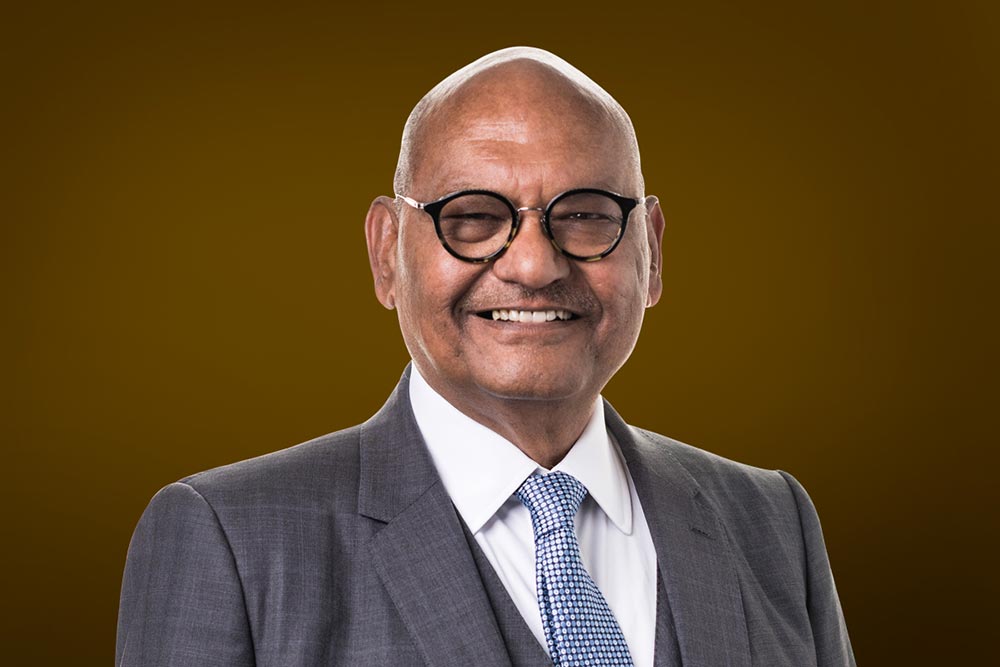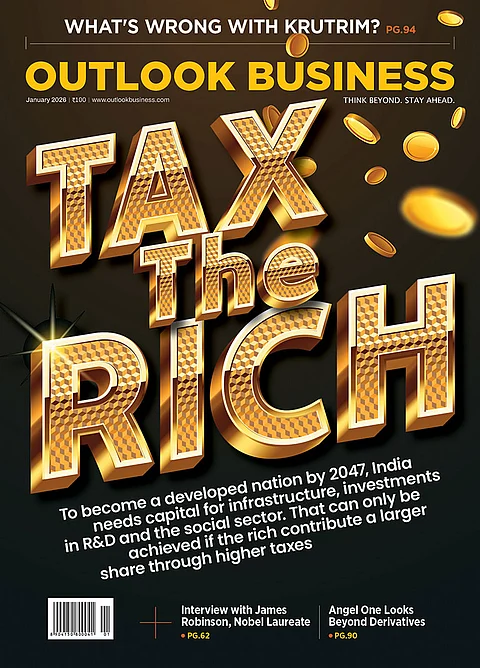Anil Agarwal’s journey from trading in scrap metals in the seventies to emerging as a commodities czar is typical of the entrepreneurial zeal found in abundance in our country. In 1993, Sterlite Industries turned out to be the country’s first private sector company to set up a copper smelter and refinery. Agarwal struck gold when he ventured into mining a few years later and acquired majority stakes in state-owned Bharat Aluminium Company and Hindustan Zinc Limited.
But while Agarwal’s rise has been meteoric, it has been equally controversial.
Right from taking Vedanta Resources global through a listing on the LSE in 2003 to getting the company delisted in 2019, Agarwal has been found falling short on corporate governance at every step when it came to dealing with minority shareholders. Even when he decided to merge his group companies Sterlite, Cairn and Sesa Goa, he was caught in the cross hair of public shareholders for giving them a raw deal, but Agarwal has managed to have his way.
The saga continues.
Agarwal’s delisting move is opportunistic – shares of Vedanta are undervalued by the market considering that commodities are still in the dumps, but the business is of great value considering the robust assets the group has on the ground. Since a majority of the capex has already been made across verticals, Agarwal surely seems to have sensed a golden opportunity to make a killing when the tide turns. While COVID-19 has halted any uptick in the cycle, commodities are unlikely to see a major decline unless the global economy faces another calamity.
Taking the company private is also a clever move from another perspective – it will give Agarwal full hold on the cash flows of the company which will make it easier for him to service the debt burden the group has piled up.
Currently, the group’s corporate structure is such that a family trust (Volcan) holds stake in the London-based Vedanta Resources, which in turn owns stake in the listed Indian arm, Vedanta Ltd. This company in turn holds all listed, unlisted subsidiaries of the group. Since Volcan and Vedanta Resources are merely holding companies with no operations of their own, they largely rely on dividends from the Indian subsidiary to service their debt obligation.
Since Agarwal holds 50% in the Indian company, he gets only half the share of the dividends. By taking Vedanta private, he will have access to the entire kitty of cash. This will come in handy as Vedanta Resources actually needs to muster cash for its upcoming bond redemption beginning sometime end of this year. Even otherwise, thanks to Agarwal’s ambitious bets on mining, energy and power, for the year ended September 2019, VRL had revenue of $13.7 billion, Ebitda of $3.3 billion, and debt of $6 billion.
That’s the reason Agarwal now wants to buyout the public shareholders and has arrived at a floor price of Rs.87.25 for the delisting, which is 60% below the company’s book value of Rs.220.
So, while questions are being asked of the board of the Indian entity on whether they indeed discharged their fiduciary duties towards minority shareholders, Agarwal seems set to make the most of bad times, once again.











